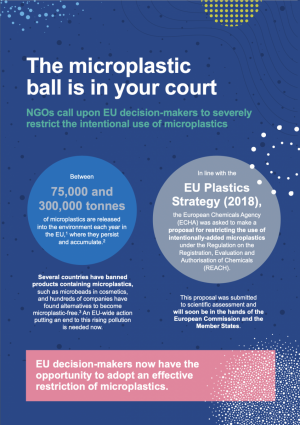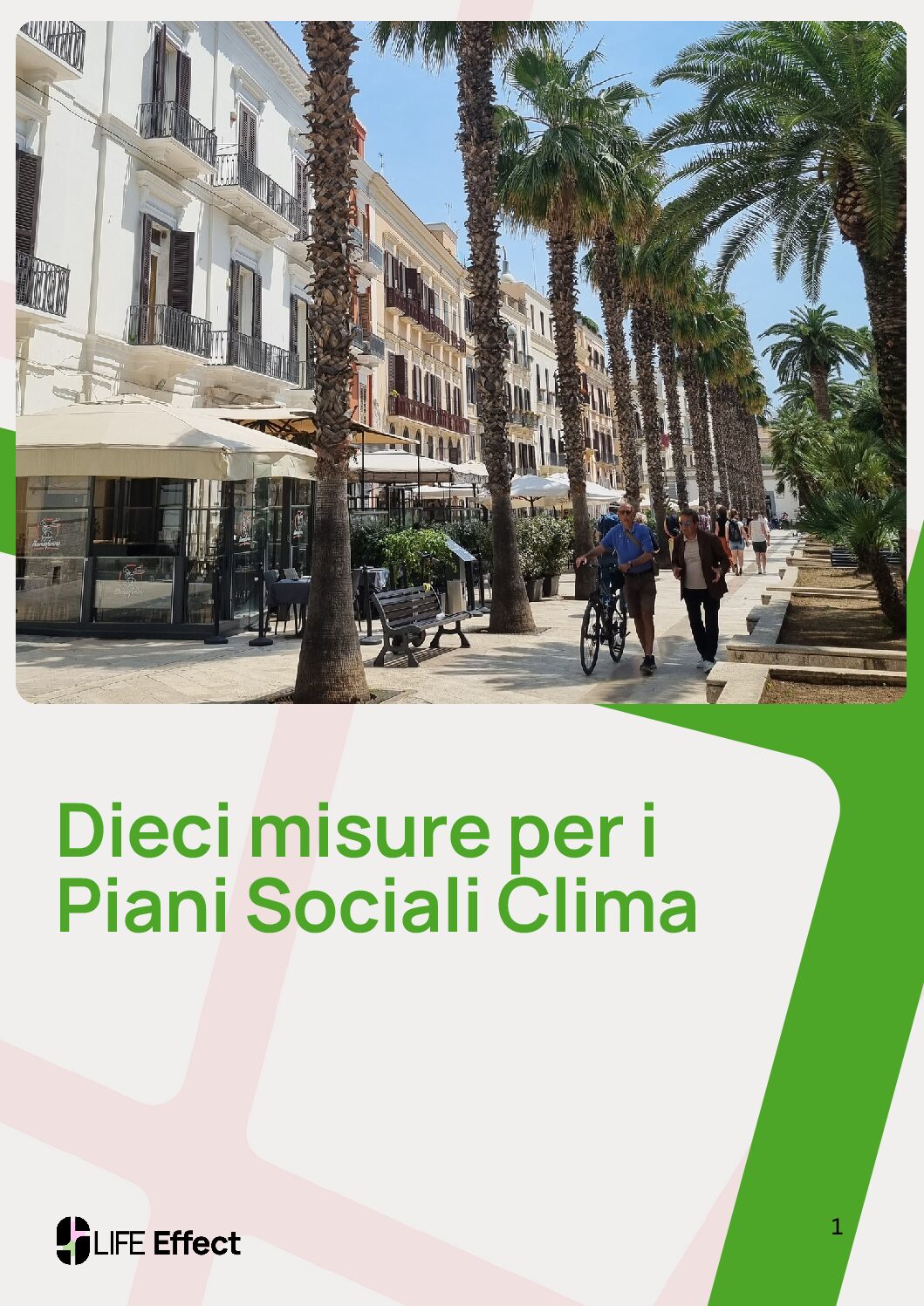
The microplastic ball is in your court
In 2019, upon request from the European Commission, the European Chemicals Agency (ECHA) submitted a proposal for restricting the use of intentionally added microplastic particles to consumer or professional products of any kind. This restriction has the potential to significantly reduce the quantity of microplastics emitted into the environment, with subsequent positive effects on ecosystems and human health. It may stand as a crucial precedent in the fight against microplastic pollution, and other toxic chemicals. Beyond environmental considerations, the restriction has the potential to level the playing field for the providers of microplastic-free products, and open a new market for alternative providers.
A truly ambitious EU restriction of intentionally-added microplastics is within reach, but critical concerns remain to be addressed. Too many derogations, some of them unsubstantiated, unclear wording or lengthy transitional periods risk jeopardising the overall effectiveness of the restriction. The review of the restriction by ECHA’s Committees is nearly finished. Once completed, the European Commission and the Member States have the power to fix the remaining issues, identified or neglected by the Committees, in line with the REACH Regulation and the Green Deal commitments.
This position paper invites decision-makers to defend an ambitious restriction and recommends the actions that the Commission and the Member States must take to secure this outcome:
1. Secure a broad scope restriction, that includes lower-sized microplastics, biodegradable, liquid and soluble polymers.
2. Reject the derogations proposed when they significantly undermine the goal of the restriction or when they are unjustified.
A derogation to the general ban should only be considered when it covers an essential use without suitable alternatives. It should be scientifically justified and as narrow as possible to minimise the emission of microplastics. This is not the case for several derogations: microplastics placed in sport pitches; “contained by technical means”; with “physical properties [that] are permanently modified during end use at industrial sites”; or those “permanently incorporated into a solid matrix during end use”, as referred to in the restriction proposal.
3. Reject unnecessary transitional periods, in particular for microplastics in cosmetics, detergents and agricultural uses, unless they cover an essential use without alternatives. In those cases, the transition periods should be strictly limited to what is necessary for developing substitutes.
4. Strengthen the reporting requirements, in particular for pellets, to make sure they support parallel regulatory supply chain measures.
This paper also recommends the EU policy- makers to keep in mind, for future action, the uses not covered in the current proposal, but which are already of concern or might be of concern later on, including microplastics used at industrial sites, liquid and semi-solid polymers but also non-intentionally added microplastics (e.g. in food
and feed).
A more comprehensive microplastic position paper is available here. See also the Rethink Plastic Alliance.






